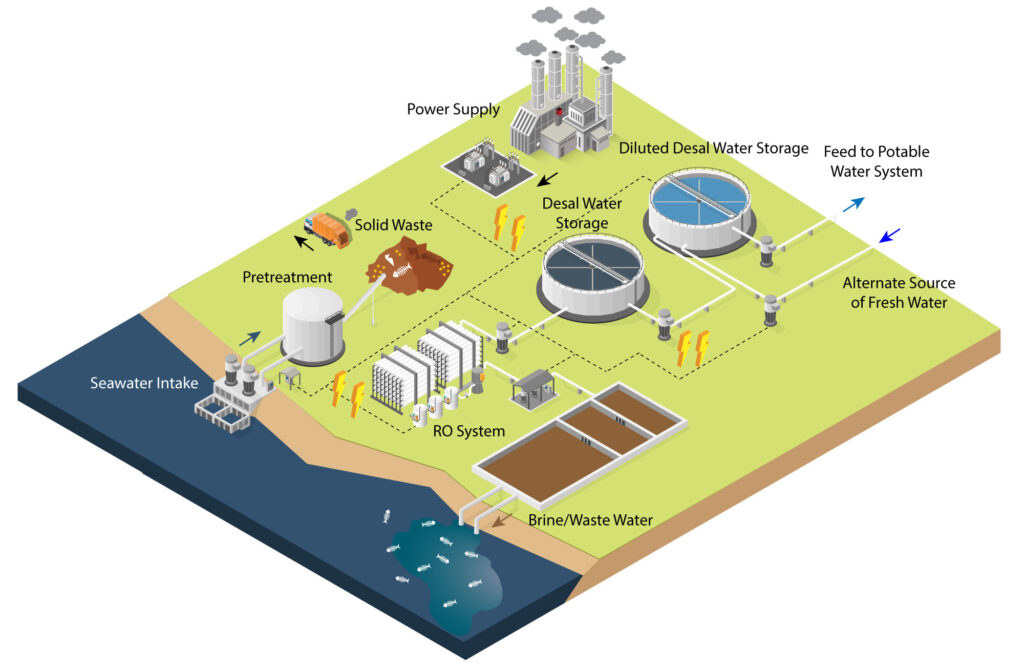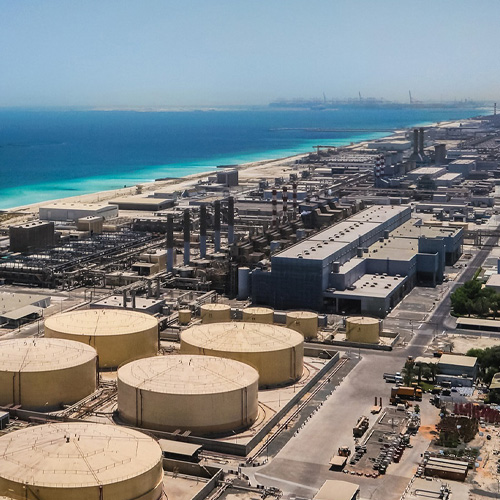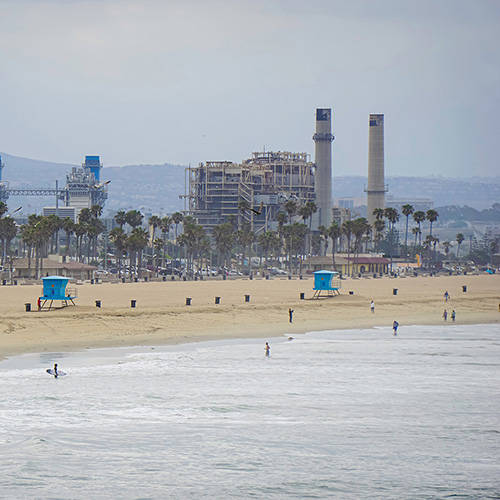What is Desalination?
Desalination is the process of removing salt, minerals and other substances from seawater or brackish water to produce freshwater that is suitable for human consumption or other uses. There are different methods of desalination, including thermal (distillation), reverse osmosis, and electrodialysis, among others.
Desalination is often used in regions with limited freshwater resources, in areas where drought or other environmental factors have led to water scarcity or in places where water is a hot commodity and is sold to the highest bidder.
Desalination is expensive and energy-intensive, and it has negative environmental impacts such as increased greenhouse gas emissions, massive killing of sea life, the disposal of large amounts of super concentrated brine, and other waste products.




